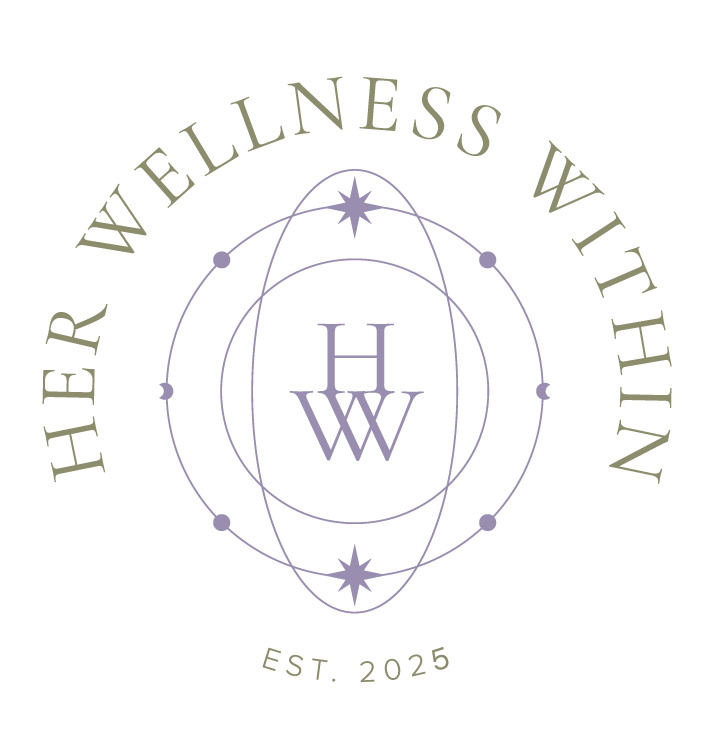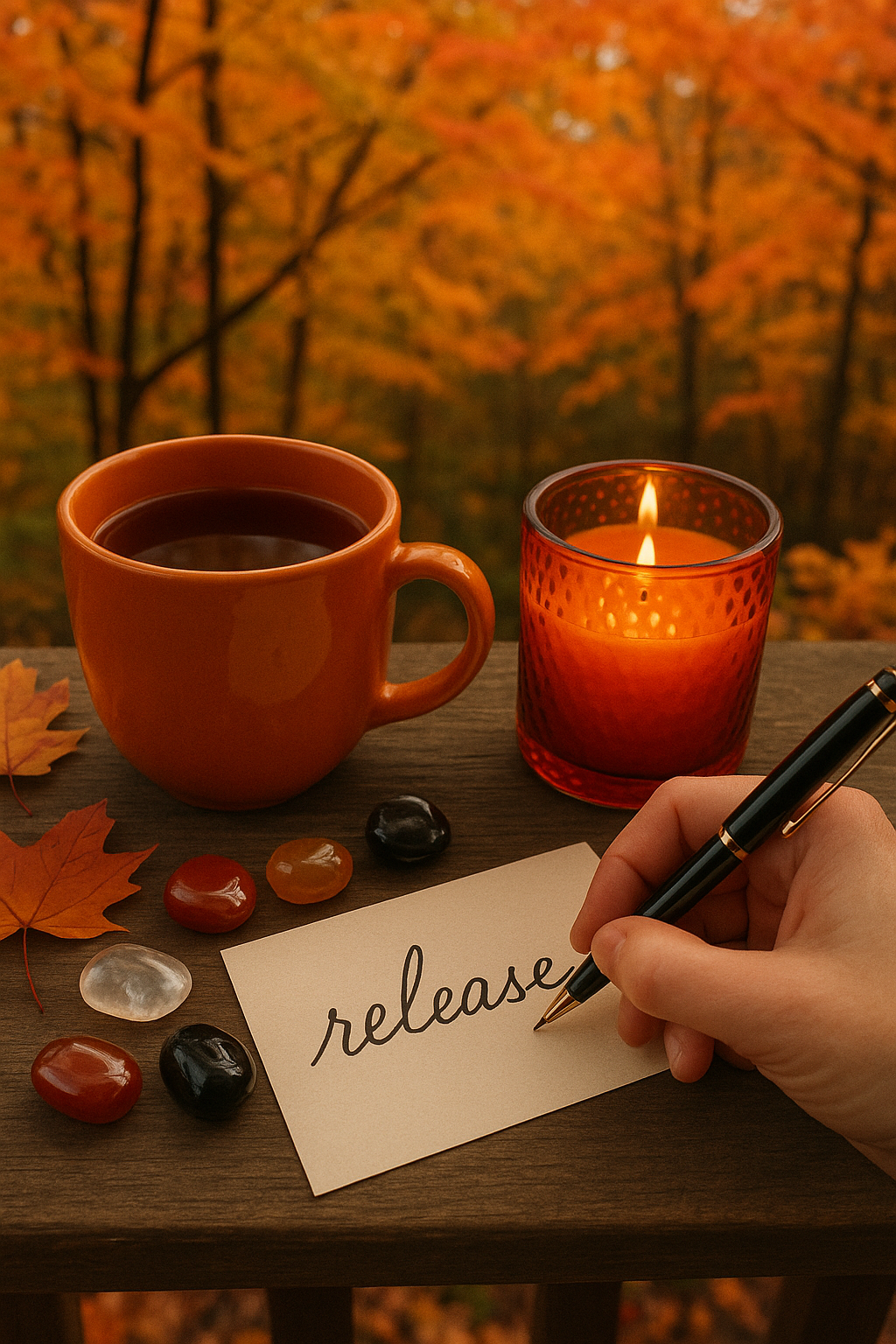The Gentle Work of Herbs
Herbs offer more than symptom relief. Many have been used for centuries to calm the nervous system, build resilience, and restore balance — gently and respectfully.
When anxiety settles into the body, it often feels like too much — too much stimulation, too much emotion, too many unknowns. Whether it shows up as tension, insomnia, digestive upset, or racing thoughts, one of the most powerful supports we have is found in the plant world.
It is important to note:
Most herbs don’t bring immediate relief in a single dose.
Their power often lies in consistency — in creating a quiet ritual of support. The effects build over time, as the plant's medicine begins to live in your body. Think of it not as a pill, but a practice. A relationship.
And…keep the plants in the body!
In herbalism, we often group these calming herbs into categories based on how they work. Here are the key ones I turn to most when supporting anxious, overwhelmed, or tender-hearted bodies:
Nervine Relaxants
These herbs help ease tension, calm overstimulation, and quiet the mind.
They’re perfect for moments of acute anxiety or spiraling thoughts — like a warm hand on the back of your heart.
Examples:
Lavender – Calms the nervous system through both scent and tea
Chamomile – Soothes the gut-brain connection and emotional edginess
Lemon Balm – Lifts low moods and gladdens the spirit
Passionflower – Quiets mental chatter and looping thoughts, especially before bed
California Poppy – Supports sleep and relaxes held tension
Valerian Root – Deeply sedating for sleepless nights
Blue Vervain – Great for Type-A tension and neck/shoulder holding patterns
Rose – Softens grief, heartbreak, and energetic overwhelm
Nervine Tonics
These are the nervous system’s slow medicine. They don’t sedate — they nourish, rebuild, and restore over time. Helpful for anyone coming out of long-term stress, burnout, or trauma.
Examples:
Milky Oat Tops – Gently replenishes frazzled nerves
Skullcap – Eases reactivity and overexertion, especially in sensitive bodies
Adaptogens
Adaptogens help the body adapt to stress and bring systems back into balance.
They don’t numb — they stabilize. These are best used consistently over time, and many support both emotional and hormonal resilience.
Examples:
Ashwagandha – Grounding and calming for anxious exhaustion
Tulsi (Holy Basil) – Uplifting, emotionally centering, and spiritually clarifying
Reishi – A “spirit mushroom” that supports peace, rest, and grief processing
Ginkgo Biloba – Enhances circulation to the brain and supports mental clarity
Alteratives
These herbs work more slowly and systemically to restore overall health and vitality. They support the detoxification organs (like the liver and kidneys) and bring balance to the circulatory, respiratory, digestive, and lymphatic systems — helping the body clear what it no longer needs.
Examples:
Dandelion – Supports liver health, gentle detoxification, and hormone balance
Stinging Nettle – Nutrient-dense and deeply restorative, especially after burnout
Carminatives
When anxiety shows up in the gut — bloating, cramping, or nausea — carminative herbs soothe and support digestion by relaxing the muscles of the digestive tract and reducing gas.
Examples:
Peppermint – Eases tension in the gut and uplifts mental fog
Fennel – Relieves bloating and gently calms anxious digestion
Chamomile – Dual action: emotional softening + gut soothing
Sedatives & Hypnotics
These herbs have stronger relaxing or sleep-inducing effects.
They’re best used when the body can’t settle on its own — offering a gentle bridge into deeper rest.
Examples:
Valerian Root – Strong sedative, often used for insomnia
Passionflower – Calms the mind and supports restful sleep without grogginess
California Poppy – Non-addictive, helps unwind chronic tension
Hops – Especially helpful for sleep issues tied to nervousness or hormonal imbalance
Nootropics (Cognitive Enhancers)
When anxiety creates mental fog, poor focus, or memory issues, nootropic herbs help clear the mind, enhance circulation to the brain, and support cognitive function without overstimulation.
Examples:
Ginkgo Biloba – Improves circulation and supports memory
Gotu Kola – Calms the mind and nourishes brain tissue
Rosemary – Sharpens focus and energizes sluggish minds




